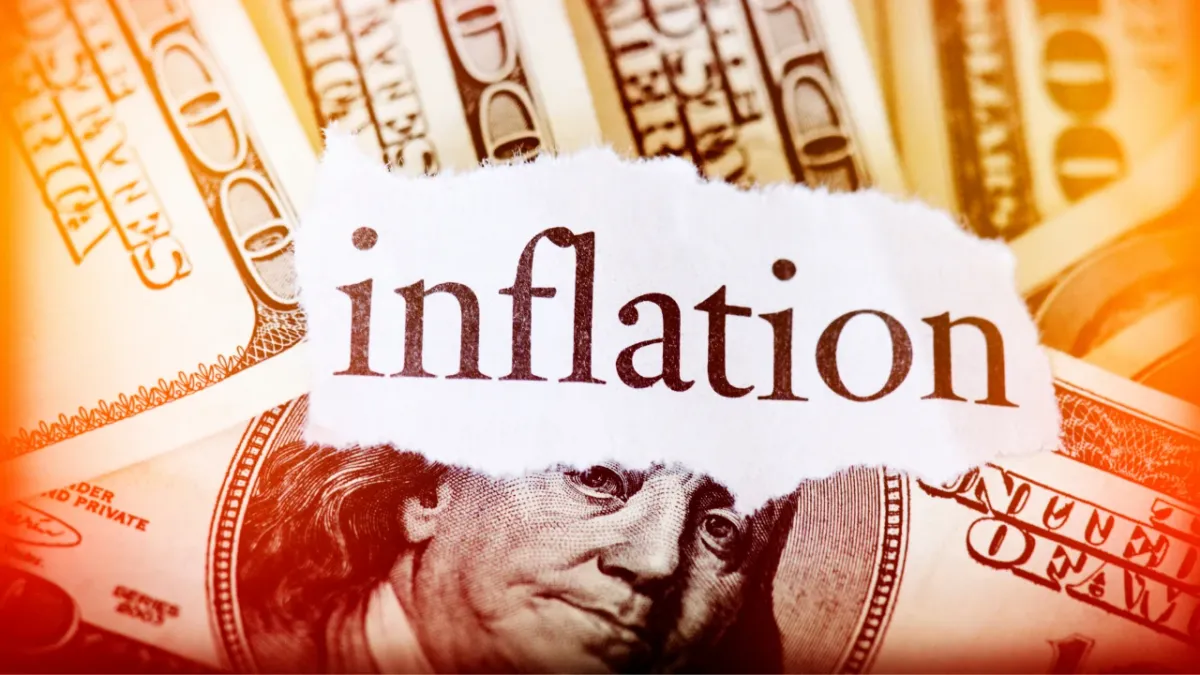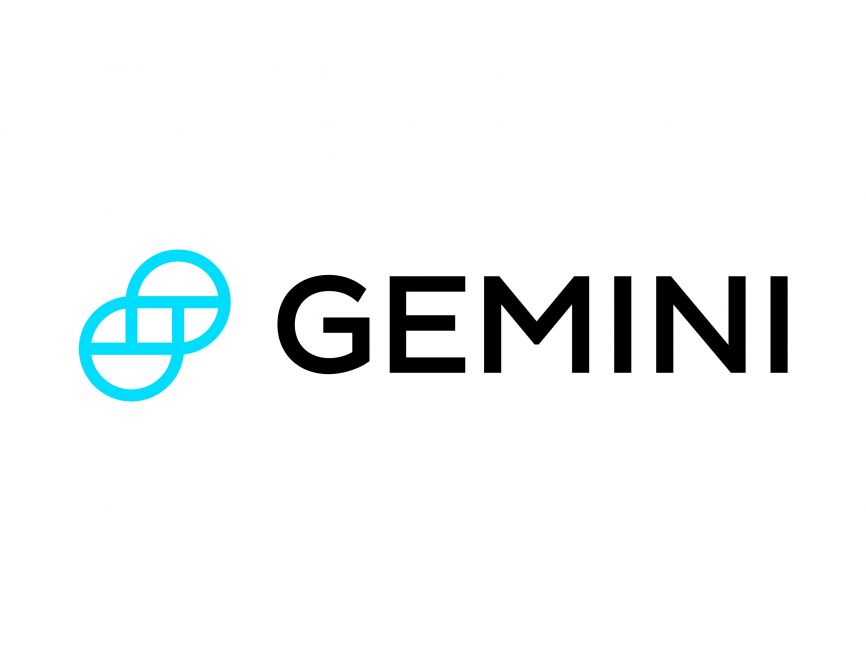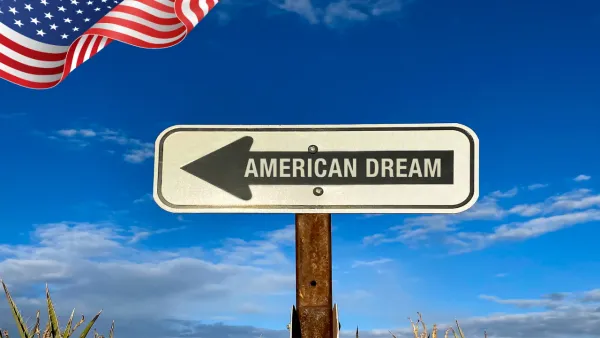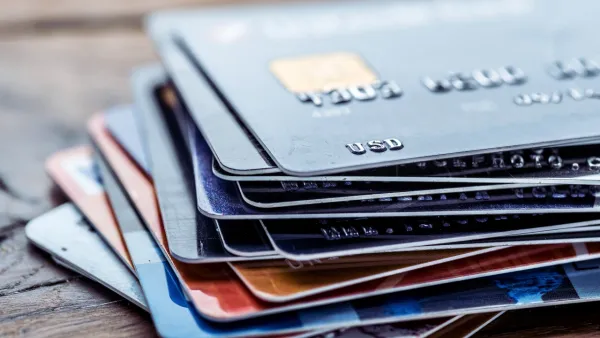Inflation is Theft. Don't Like It? Do This Instead

Inflation is theft. You'll hear that a lot and some think it's just a hyperbolic statement but it's a very true statement about our current money system.
That dollar you have to work for. You have to spend your time and energy to earn it. People in control of the Fed though? They can just create more dollars on a whim and benefit directly from it.
As those new dollars circulate, it causes inflation over time and the people furthest away form the money printer suffer the most as prices increase because there are more dollars chasing goods and services.
If they can just print money, why do we pay taxes? If inflation is not theft and we can just print money and we don't have enough money, why don't we just print money and give it to everyone who does not have enough money, enough money.
Why don't we do that instead of paying taxes?
Inflation is legal counterfeiting. Counterfeiting is illegal inflation.
-Robert Breedlove
In reality, it's a hidden tax.
Say you have an obligation to pay everyone over 65 a pension. But you don't have enough money. You can either increase taxes (unpopular), default on your obligations (unrest) or create more money to cover your obligations.
Most countries do the latter which results in the value and purchasing power of the currency you hold to go down in value, hence a type of regressive tax that affects those lower on the socio-economic ladder the most as they tend to not hold assets.
We as Americans also export our debt on everyone else as other countries hold treasury assets which reduce their value. At some point, countries are going to stop trading their hard-won resources like natural gas, oil and mineral deposits for paper that can printed arbitrarily.
Hard money is the ultimate property.
Gold was hard money for a thousand years. Hard money, sometimes called a bearer asset, is the ultimate money. You can exchange money for all other types of property, goods and services.
You earn money based on labor and you can't counterfeit labor.
The work is done or it isn't.
So when you work to earn money, that is an exchange of the energy, the labor that went into creating the value of that money. With money printing at the whim of a central bank, it's theft because you steal the value of the labor that went into earning the money.
So what are some alternatives to be aware of?
In a high inflation environment, what has historically happened is that asset prices skyrocket on paper. People feel like they are getting rich and sell off their hard assets for the currency to purchase things they want and need.
This all fine until hyperinflation kicks in and that money becomes worthless. People in the Weimar Republic in Germany "felt" they were getting rich as the value of gold and other hard assets mooned and thus they sold off these hard assets for paper money.
Then the paper money died and people became destitute.
So in an inflationary environment, you'll want to own things that pay you to own them or things that are scarce. Real estate where you're the property owner, commodities like owning the production of something, and or a basket of dividend-paying ETFs are a good choice.
In a hyperinflationary environment, you'll want to own Bitcoin, gold and commodities. I personally think Bitcoin is the best, digital property and functionally the invention of actual money as far as I can tell.
It's protected with military-grade encryption, it can't be turned off, can't be confiscated and it can't be stopped.
You can also self custody Bitcoin in a way that is not possible with other commodities like Gold where you needed to trust abank. Sure, I guess you could buy a gold mine or a lumber yard if you're rich. But for an average person who's trying to protect themselves, BTC is the best.
Good luck trying to buy a fraction of New York real estate like you can buy a fraction of a Bitcoin.
Bitcoin: Buy BTC on Gemini and move it into a hardware wallet.
Go to an exchange, create an account, buy Bitcoin and move it off into a hardware wallet. The best wallets are the Trezor or the Cold Card.
You can also use a software wallet as a stop gap but they are not as secure as a hardware wallet as they are connected to the internet. Software wallets are more for holding small amounts of BTC to spend.
You want to move it off an exchange because you don't own it until it's in your possession. Not your keys, not your coins as they say. If your BTC is on an exchange what could happen is that it gets confiscated and you get the cash value of your BTC but not the bearer asset itself.
Dividend ETFs: SCHD and JEPI are my favorites
I love watching finance YouTube channels like Joseph Carlson. He's a smart guy but what he ended up doing was building out his own ETF.
Most of us don't have the time or interest to build out, manage and track 40 hand-picked stocks as Joseph does. Instead, I keep things simple and invest in SCHD for dividends and JEPI for covered calls as part of my stock portfolio.
SCHD is my favorite dividend-yielding ETF and JEPI pays out cash based on covered calls. I have no interest in doing covered calls myself so I'm happy to have JEPI do it for me. I also don't want to manage a bunch of dividend stocks so I'm happy to pick a few ETF's like SCHD.
Again, this is not advice, just something to consider doing to protect against inflation.
Real Estate
While I think Bitcoin will hopefully demonetize real estate and homes will be priced at their utility value, currently, with our stupid inflationary financial system, rich people are incentivized to use real estate as a physical bank account.
If you're able too, it's not a bad idea to own a few rental properties. Not only do you get significant tax benefits in the USA, it becomes an income source that you can rely on. But in reality, real estate is a business model, not an investment vehicle and long term BTC I think will vastly outperform real estate.



